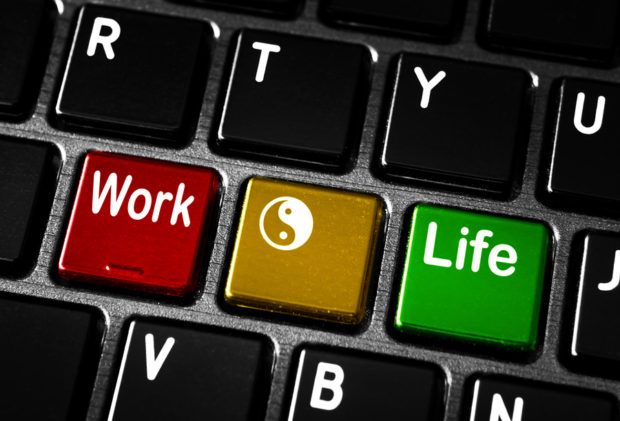Nearly eight out of 10 corporate executives have experienced poor mental health during the coronavirus crisis, prompting a number of them to re-evaluate and improve work-life balance, a survey showed on Monday.
Many top company officials in France and Egypt were most likely to have recalibrated their lives after experiencing the pandemic blues, followed by those in the United Arab Emirates, the United States and Britain, according to a survey of about 2,000 high net-worth individuals by health insurer Bupa Global.
The COVID-19 crisis has forced a vast majority of people, including top executives, to work remotely as governments imposed sweeping measures to curb the spread of the pandemic, putting a strain on physical and mental well-being.
Executives plan to exercise more regularly, eat a better diet, make time for meditation and spend more time with family and friends, the survey said.
“With the pandemic impacting mental health so heavily, it’s really important that business leaders work to address any issues both personally and at their organizations,” Bupa’s medical director Luke James said
The survey also found that less than a third of the participants intend to keep working from home primarily, and a quarter of them planned to trim working hours.
Women were more likely than men to opt for working from home, it showed, although those with children were less likely to take that option.
“Anyone who has been working from home around young children or trying to juggle work and home-schooling will know it can be challenging,” Bupa Managing Director Sheldon Kenton said.
As the line between work and personal space blurs, about a fifth of the high net-worth individuals surveyed said they would work remotely from their holiday homes as travel and face-to-face meetings decline.





















 The Future of HR Is AI
The Future of HR Is AI  Why Claims AI Build vs. Buy Decisions So Often Miss the Mark
Why Claims AI Build vs. Buy Decisions So Often Miss the Mark  AI Got Beat by Traditional Models in Forecasting NYC’s Blizzard
AI Got Beat by Traditional Models in Forecasting NYC’s Blizzard  Premium Slowdown, Inflation Factors to Lead to Higher P/C Combined Ratio: AM Best
Premium Slowdown, Inflation Factors to Lead to Higher P/C Combined Ratio: AM Best 






